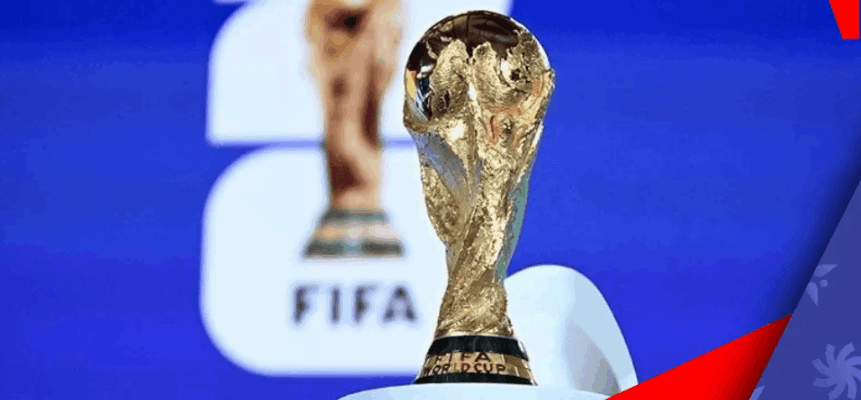The UN’s roadmap is clear: stricter rules, genuine collaboration, and cutting-edge technology. The real challenge lies in translating that vision into action—before the opening kickoff.
UN Flags Surge in Illegal Betting Ahead of FIFA 2026: Match-Fixing a Growing Threat

UN Report: Organized Crime Eyes Global Stage
A new report from the United Nations Office on Drugs and Crime (UNODC), focused on the 2026 World Cup and the 2028 Los Angeles Olympics, warns that without tighter laws, cross-border cooperation, and real-time monitoring, international sporting events may become hotbeds for corruption.
The UN is calling for a multi-stakeholder response—bringing together governments, regulators, betting operators, sports bodies, and private sector players—to reinforce safeguards before the first whistle blows.
Illegal Betting Threatens Integrity
According to the UNODC, the size of the unregulated betting market is staggering—potentially even surpassing the legal market during major events. Criminal organizations use high-profile tournaments to funnel billions of dollars through unlicensed and opaque channels, undercutting licensed operators and damaging public trust in sports.
In the 2022 Qatar World Cup, legal betting volumes exceeded $35 billion. With even more games and global engagement expected in 2026, criminal interest in exploiting the event is only expected to grow.
Match-Fixing: A Systemic Vulnerability
The UN’s findings go beyond gambling itself. Experts warn that organized crime groups target the entire event ecosystem—from hotel concessions and sponsorship deals to ticketing and procurement. Football’s increasing commercialization, the report notes, creates new touchpoints for manipulation, with match-fixing emerging as the most urgent threat to fair play.
Training and Tech: A Defensive Line Forms
Law enforcement in the U.S., Canada, and Mexico has already undergone training with the UNODC, gaining access to advanced investigative methods and betting integrity tools. Meanwhile, global watchdogs like IBIA and Sportradar are using AI-driven risk models and real-time alerts to flag suspicious activity—reporting hundreds of concerning matches each year.
Sports federations and licensed betting platforms are increasingly integrating these systems as standard protocol.
Legal Industry Still Holds Promise
While concerns about integrity loom large, the World Cup also represents a massive economic opportunity for the legal betting sector. Mexico, which will host 13 matches, is expected to see a $3 billion economic boost alone. For regulated operators, FIFA 2026 could mark a turning point in transparency, innovation, and consumer protection.
The Ultimate Test of Global Betting Integrity
The 2026 tournament will challenge more than the world’s top football teams—it will test the resilience of the global sports betting ecosystem. The outcome could define whether regulated markets can withstand criminal interference, or whether illegal operators will erode trust from within.












